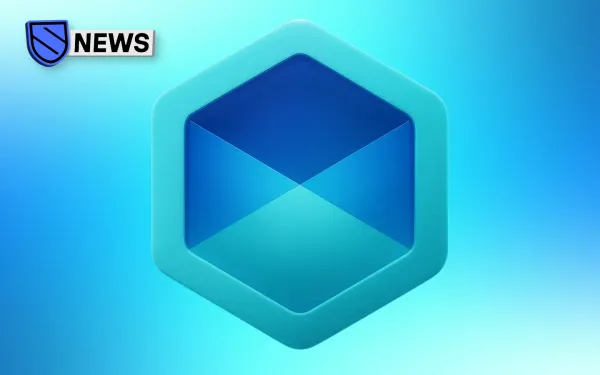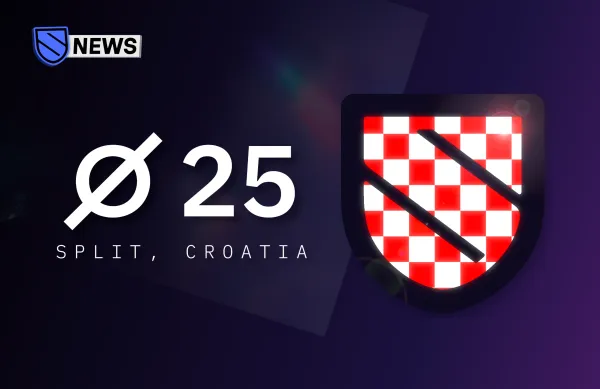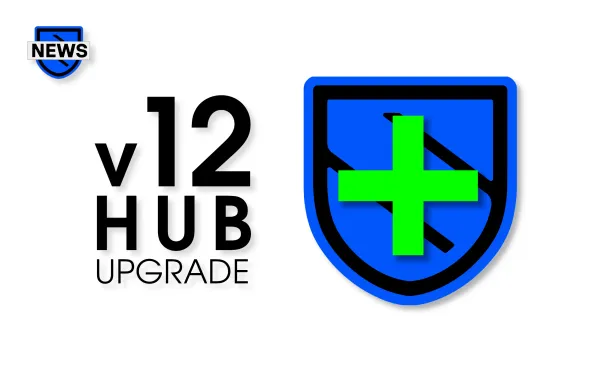New Public Testnet for v12 Hub Upgrade Launches - What You Need to Know
We're now one step closer to the biggest update in the chain's four-year history.
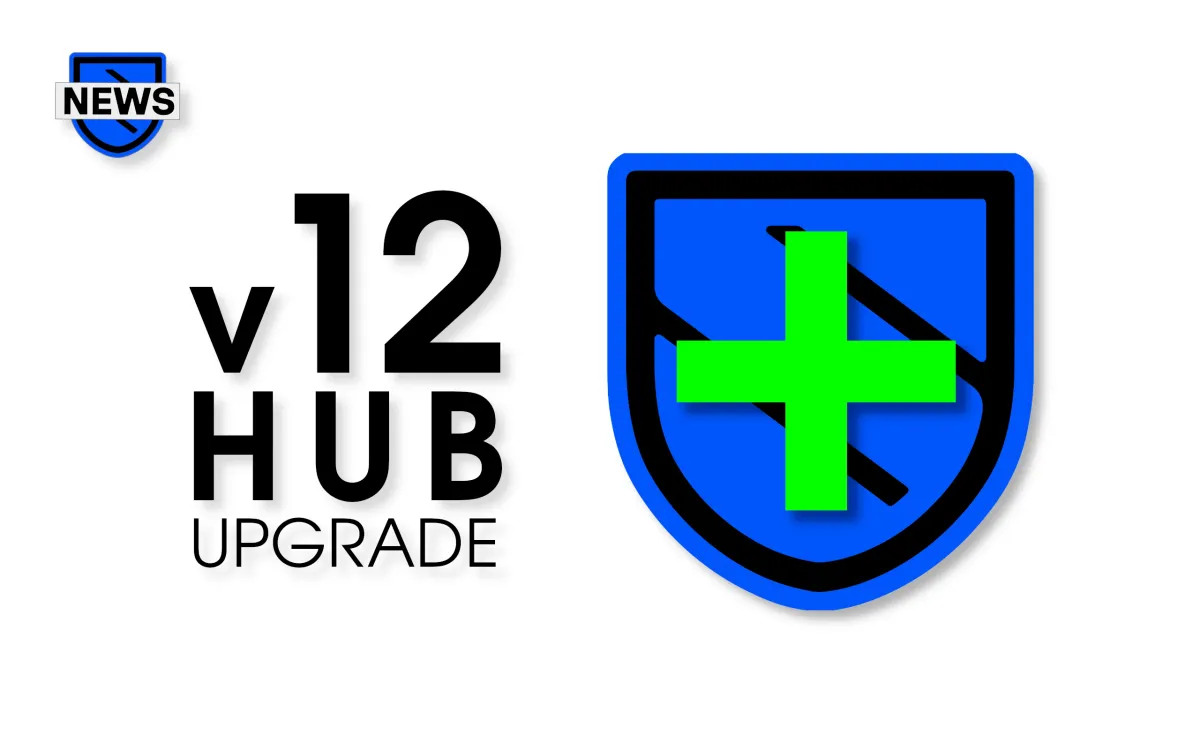
• Faster connection speeds and a more streamlined subscription experience for dVPN application users.
• Auto-renewable dVPN subscriptions and simultaneous connections on multiple devices.
• The P2P pricing of dVPN Nodes and subscription plans can now be pegged to a stable USD rate.
• Many backend quality of life improvements for the project's node hosts and developers (including a total overhaul of health check).
The v12 update to the Sentinel blockchain has been in the works for more than a year. It contains a litany of new features and tweaks which have been designed to provide a next-level experience to the ecosystem's thousands of application users, bandwidth providers, and developers.
Large-scale blockchain updates such as these are often called hub upgrades or chain upgrades. They're used by developers to deploy a collection of fixes and new features en masse, rather than one-by-one. This upcoming one will be the first of its kind on Sentinel in two years.
A new testnet for the update went online this week. A testnet is a prototype of a new version of a blockchain used by project contributors for testing before the update is fully implemented on the main one. If you want to participate, click the button below to skip to the relevant section for details.
We published our first overview of the chain upgrade in January, but many modifications have been made to the roster of changes since that point. Therefore, this article is intended to serve as a more up-to-date guide. Our objective is to break down the upgrade for you in simple terms and onboard testnet participants. If you'd like a more comprehensive and technical overview, stay tuned to the team's official blog for a more detailed account in the near future.
Keep reading to learn more about this long-awaited upgrade of the Sentinel blockchain and how it benefits you; whether you're an application user, backend contributor, or anything in between.
Upgrade Contents
New features and modifications coming to Sentinel.For dVPN App Users
- Faster Block Times: The Sentinel blockchain's "block time" (the frequency at which new blocks are created on the chain) has been reduced from six seconds to three, further speeding up the in-app connection process.
- Faster Session Creation: Backend modifications have been made to drastically reduce the amount of time it takes to create a pay-as-you-go session with a dVPN Node and get online. This includes fewer confirmation dialogs and other pop-ups.
- Automatic Renewal for Subscriptions: You can now enable (and disable) auto-renew for your dVPN subscription plan.
- Multiple Sessions: It will now be possible to create multiple sessions with an individual node from a single wallet. For example, if you've purchased bandwidth from a particular node you can now connect both your phone and computer to it simultaneously (previously, this would have necessitated creating a separate payment account on each respective device).
For Node Hosts & Developers
Lease Module
A new module has been introduced to manage the leasing of nodes by subscription plan providers and application developers.
Providers can now lease nodes for a specified number of hours, with the cost determined by the node's hourly price and the lease's duration. Leases will be renewable—alternatively, if they're cancelled early, the lessee will be refunded for unused hours.
Oracle Module
This module will manage asset price information in order to create cohesion between the blockchain's other modules.
The most important aspect of it is the introduction of USD-based pricing—meaning dVPN Nodes can now set their prices in a dollar amount and the P2P (or other crypto denomination) cost will automatically adjust accordingly.
In essence, this means that the total cost of dVPN service for end users will no longer fluctuate based on the crypto market. If a subscription costs $3 in January, it will still cost $3 in December. That price won't rise or fall just because the market price of P2P, ATOM, or any other digital asset has changed.
This change also applies to on-chain subscription plans.
Health Check Revamp
The long-awaited refresh of the automated health check system for dVPN Nodes has arrived. The team promises that the new queue system will reduce the number of errors and undiagnosable failures encountered by hosts.
In the words of a team member:
“The new health check system is very sophisticated. Not only can it be distributed, but there is a queue based system... Node hosts can resubmit their node into the queue before the next scheduled health check period. Whenever there is a blockchain event for the node status update, the address will be added to the queue automatically (if it's not in the queue). Alternatively, anyone can request the API to perform the health check for a node using a webpage, so the address will be pushed to the queue.”
Other Enhancements
- Free Pricing Option: Node operators can now opt to provide their services free of charge by not setting any pricing information, should they choose to do so. This will make it much easier for dVPN applications to offer free trials to new users.
- Maximum Pricing Removed: There will no longer be any hard limit on what dVPN Nodes can charge for service.
- Docker Now Optional: Docker is no longer a hard dependency for operating a dVPN Node, though it will remain available as a method.
- Mass Auto-Renew for Subscription Plans: Never worry about your application's users being left in the cold even for a minute: If you host an on-chain subscription plan for an application, topping up the various nodes which constitute it can now be done automatically.
- Separate User Categories: User sessions are now divided into "node-based" and "subscription-based" categories. This will give developers greater flexibility in configuring their application's backend and creating an experience tailored to their userbases.
- Automatic Session Deactivation: User sessions will now automatically terminate if their node becomes inactive, the user's subscription expires, or the node gets removed from their plan.
- Generic Updates: Backend elements such as Cosmos SDK, CometBFT, CosmWasm, and IBC protocol have all been updated to the latest version for improved stability and performance; and continued compatibility with the broader Cosmos Ecosystem.
Join the Testnet
Get familiar with the future.Tester Tools
Node operators and other project contributors are encouraged to try out the testnet to familiarize themselves with the new dVPN Node architecture and assist the team with troubleshooting any issues.
Sentinel infrastructure partners Busurnode have also launched a suite of services and platforms to help the community participate in the testnet. These include:
Public Endpoints
RPC: https://rpc-sentinel-testnet.busurnode.com:443
API: https://api-sentinel-testnet.busurnode.com:443
Chain Explorer
https://explorer.busurnode.com/sentinel-testnet
Faucet
https://busurnode.com/network/testnet/sentinel/faucet
Other Services
https://busurnode.com/network/testnet/sentinel
dVPN Node Setup Guide (Testnet)
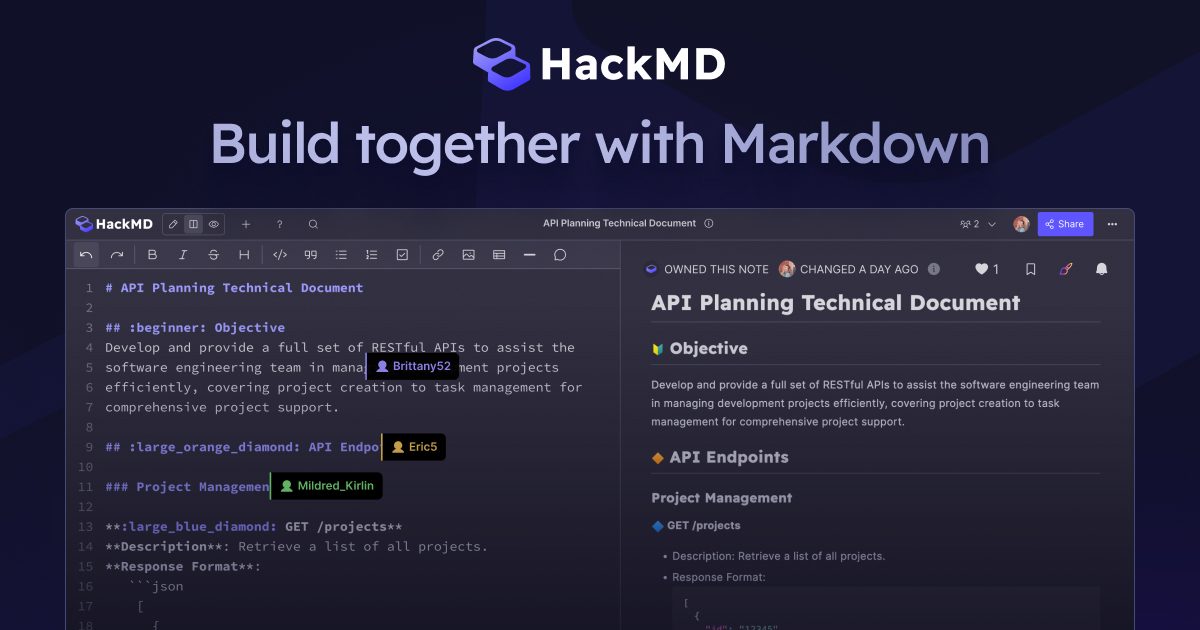
What Comes Next?
On the Sentinel blockchain, testnet periods before hub upgrades typically last a few weeks. Once the testing period comes to a conclusion, the team will submit the full chain upgrade as a governance proposal to be voted on by P2P Coin holders.
After the week-long voting period ends and the proposal is passed, the upgrade will finally be deployed.
Nothing else will be required from application users; but validators, developers, and other backend contributors should stay tuned to team communications in case any action is needed at their end during the upgrade deployment process.

P2P NEWS
Powered by the Sentinel Growth DAO
The community's most-trusted nexus for news coverage of the Sentinel Ecosystem and its applications, distributed infrastructure, and third-party contributors across the globe.
SUBSCRIBE
Telegram • X • Newsletter
What is Sentinel?
Sentinel is a peer-to-peer global bandwidth marketplace which powers both privacy-focused consumer products and development utilities. The most prominent of these usecases at present are decentralised VPN (dVPN) applications and data acquisition for the training of AI models.
🎓 To learn more about Sentinel, check out more of our articles, visit the project's official website, or read the documentation.





